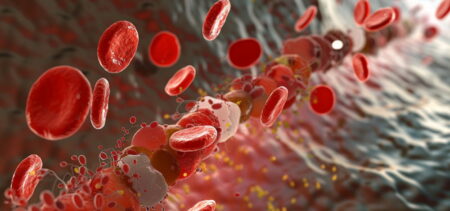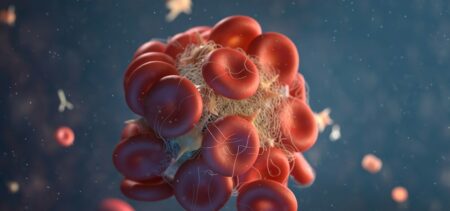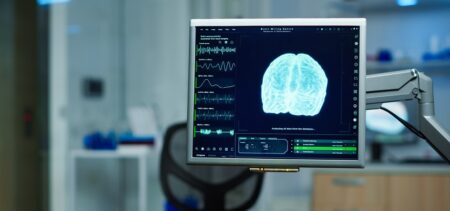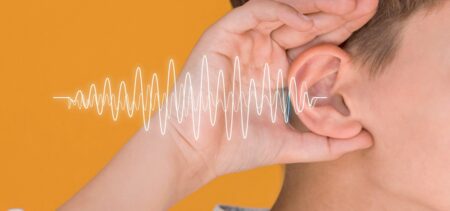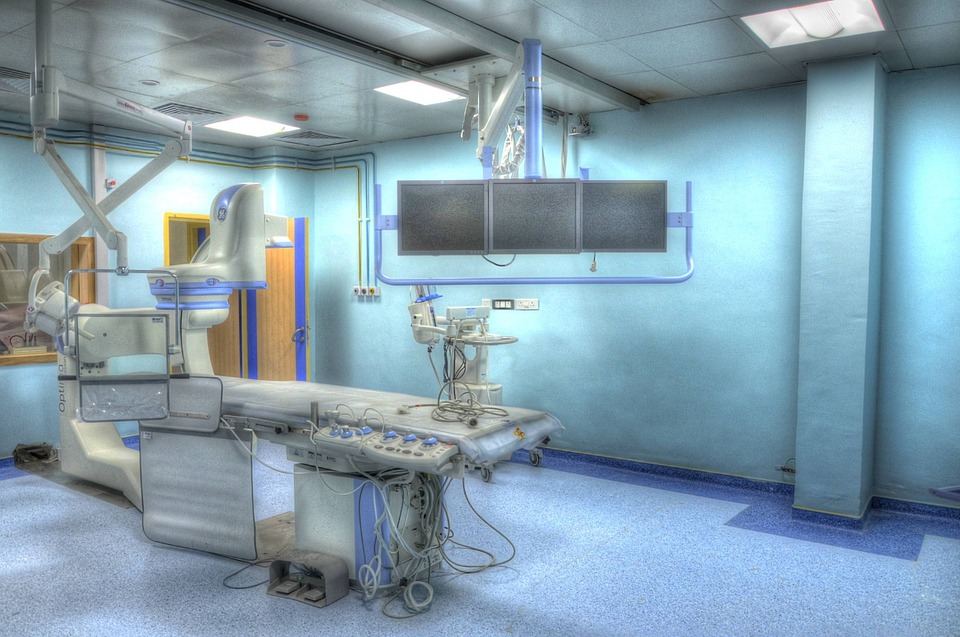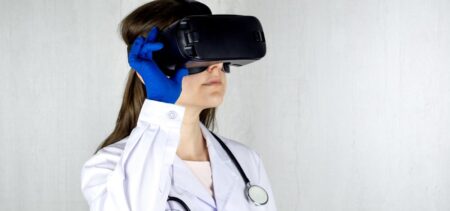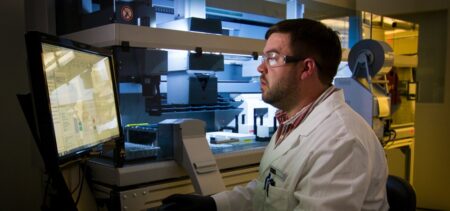Patients with traumatic brain injuries are not benefiting from recent advances in cognitive neuroscience research – and they should be, scientists report in a special issue of Current Opinion in Behavioral Sciences. Those who treat brain-injured patients rarely make use of new scientific discoveries about the workings of the brain.
Instead, doctors, nurses and emergency personnel rely on a decades-old tool, the Glasgow coma scale, to categorize brain injuries as mild, moderate or severe. Brain scans are sometimes performed to help identify damaged regions, and then most patients receive one or more of the following four diagnoses.
Coma (no response to sensory stimulation), delirium (impaired ability to sustain attention), amnesia (impaired memory) and dysexecutive syndrome (impaired ability to engage in goal-directed thought). These crude classifications reveal little about the underlying brain mechanisms that are damaged as a result of brain trauma, said Aron Barbey, a University of Illinois professor of neuroscience, of psychology, and of speech and hearing science.




